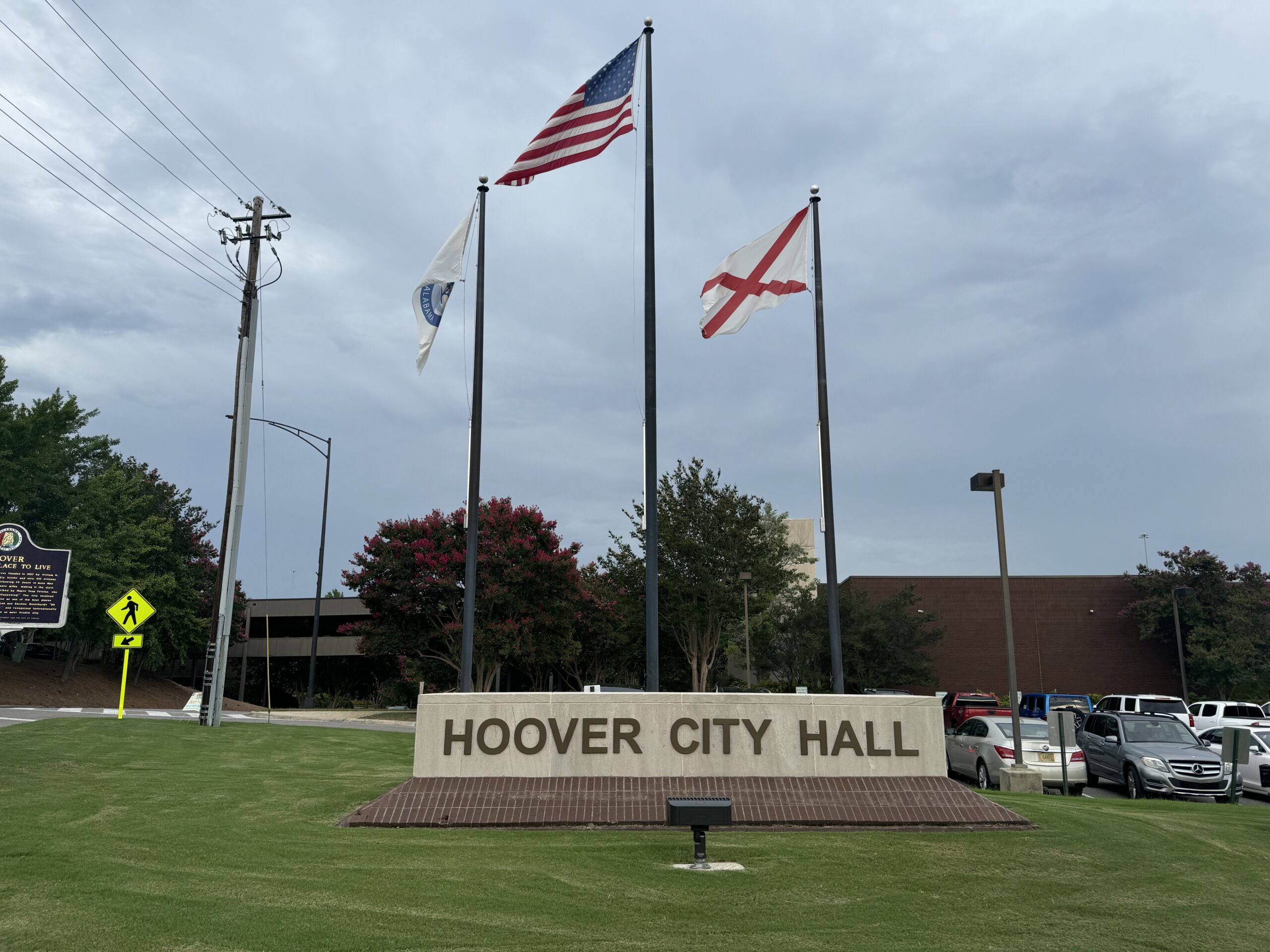On Tuesday, the U.S. Environmental Protection Agency (EPA) and U.S. Army Corps of Engineers issued a final rule amending the 2023 definition of “waters of the United States.”
According to original reporting by the Alabama Cattlemen’s Association, the amendments conform with the Supreme Court’s recent decision in Sackett v. EPA.
The agencies had to amend their rule to conform to the U.S. Supreme Court decision while still following the law and implementing the Clean Water Act, which provides essential protections that safeguard the nation’s waters from pollution and degradation.
The final action is intended to finally provide the clarity needed to advance these goals while moving forward with infrastructure projects, economic opportunities, and agricultural activities.
Specifically, the amendments include:
· Eliminates “interstate wetlands” from the list of jurisdictional waters.
· Limits jurisdictional tributaries to features “that are relatively permanent, standing or continuously flowing bodies of water.”
· Redefines “adjacent” as “having a continuous surface connection.”
· The rule wholly removes the significant nexus test from consideration when identifying tributaries and other waters as federally protected.
· It also revises the adjacency test when identifying federally jurisdictional wetlands.
· It clarifies that interstate wetlands do not fall within the interstate waters category and clarifies the types of features that can be considered under the “additional waters” category.
It is important to note that this amendment does not affect any other aspects of the 2023 rule, including agricultural exclusions.
In the Sackett decision, the U.S. Supreme Court overturned a [Joe] Biden rewrite of the waters of the U.S. rule (WOTUS) that would have given the federal government strict oversight over every creek, tributary, pond, or drainage ditch in the country.
The Alabama Farmers Federation is still opposed to the Biden Administration’s rewrite.
The Alabama Farmers Federation’s Mitt Walker said the revisions, while technically in line with a May Supreme Court ruling, are discouraging.
“It’s disappointing to see the EPA again hamper farmers’ rights to manage water on their land,” said Walker, who leads national affairs for Alabama’s largest general farm organization. “We have been fighting for clear, concise rules since the 2015 WOTUS rule was released. This is a small step in the right direction, but EPA must make more changes to roll back regulatory overreach.”
EPA and the Army Corps of Engineers made the revisions without public notice and comments in response to the Sackett v. EPA Supreme Court ruling. The rule will take effect upon publication in the Federal Register.
The Sackett case concerned two Idaho landowners, Michael and Chantell Sackett, who contended wetlands on their property were not “adjacent” under the Clean Water Act.
Zippy Duvall is the President of the American Farm Bureau Federation.
“EPA had a golden opportunity to write a Waters of the U.S. Rule that’s fair to farmers and stands the test of time but instead chose to continue government overreach and revise only a small slice of the rule that was rejected by the Supreme Court,” said Duvall, a farmer from Georgia. “We’re pleased the vague and confusing ‘significant nexus’ test has been eliminated as the Supreme Court dictated. But EPA has ignored other clear concerns raised by the justices, 26 states, and farmers across the country about the rule’s failure to respect private property rights and the Clean Water Act. Farmers and ranchers share the goal of protecting the resources they’re entrusted with. They deserve a rule that respects farmers as partners in that effort.”
The current WOTUS dispute has now spanned three presidential administrations, beginning with President Barack Obama.
This will potentially have had enormous economic impact for farmers, ranchers, developers, and even many residential communities. Anyone who interacts with water in the country. The Obama administration originally rewrote the existing rule, that applied to only navigable bodies of water. The Trump Administration overturned the Obama Administration rule change. Biden then reversed the Trump rule and reinstated the Obama rule.
“The Biden Administration in two years has racked up more regulations than the Obama Administration did in eight years,” U.S. Senator Katie Britt (R-Alabama) said of the Biden rule earlier in the year before the Supreme Court ruling. “They’re continuing their red tape regime with yet another reckless rulemaking decision that would prioritize their leftwing political agenda at the expense of hardworking Americans. This type of job-killing overregulation would strangle Alabama farmers, cattlemen, manufacturers, energy producers, builders, landowners, and small businesses.”
“Alabamians have tended to our own land, waterways, and resources for generations, and we remain best positioned to preserve and utilize them for generations to come,” Britt said.
To connect with the author of this story or to comment, email brandonmreporter@gmail.com.
Related
Share via:














